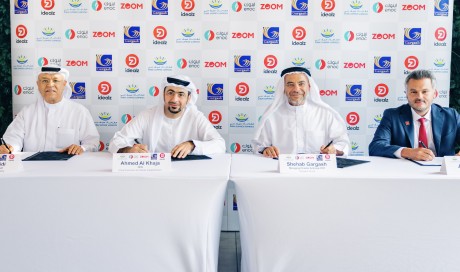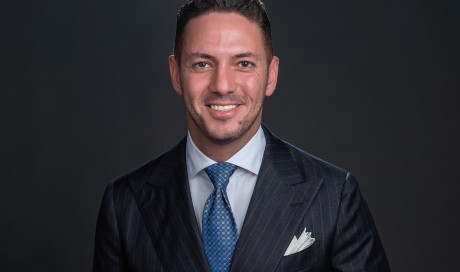Hosting lectures and sermons or organising seminars at mosques without procuring a licence for the same have been banned as per a new decree. The law defines a number of activities that are prohibited in mosques without a licence: Conducting Quran memorisation circles; collecting donations or other aid; appointing or assigning any person on a temporary or permanent basis to hold or organise religious or social events; distribution of books, leaflets, audio and video recordings; I'tikaaf (dedicating time for spiritual seclusion in the mosque), or bringing food inside the mosque.
The President, His Highness Sheikh Khalifa bin Zayed Al Nahyan, issued the law that applies to mosques, public and private prayer spaces and Eid mussalas in the country.
The law prohibits mosque employees from preaching and recitation, teaching religious lessons and running Quran memorisation activities outside mosques. They can't be involved in entities authorised to participate in any media activities without prior permission from the competent authority. They can't collect donations or financial or in-kind assistance for third parties.
The law prohibits those working in mosques from belonging to any illegal group or from carrying out any political or organisational activities.
The law stipulates that candidates for jobs at mosques should be Emirati of good conduct, with no arrests, citation or criminal record in felonies or misdemeanours relating to honour or personal integrity, unless they have been cleared of the charges. Candidates for employment are also required to pass the tests, be medically fit and have all the required academic qualifications, accredited by the government departments concerned.
Residents who meet the conditions and requirements may be appointed to vacant positions in the absence of Emirati candidates.
According to the law, the authority or local authority concerned with the affairs of mosques is responsible for naming mosques, and it may, with consent, designate the mosque according to the donor's wishes. A similar name may not be used for another mosque in the same city unless approved by the body or the local authority concerned.
The authority concerned is responsible for providing and supervising the needs of mosques and prayer spaces. The authority also determines the timing of the call to prayer, Iqamah (the second call to prayer), organising religious lessons and lectures and the preparing of sermons, and religious events. It also determines the opening and closing dates of mosques as well as the rules and conditions of I'tikaaf.
The Cabinet shall issue the executive regulations necessary for the implementation of the provisions of this Law within six months from the date on which it entered into force.
Share This Post











